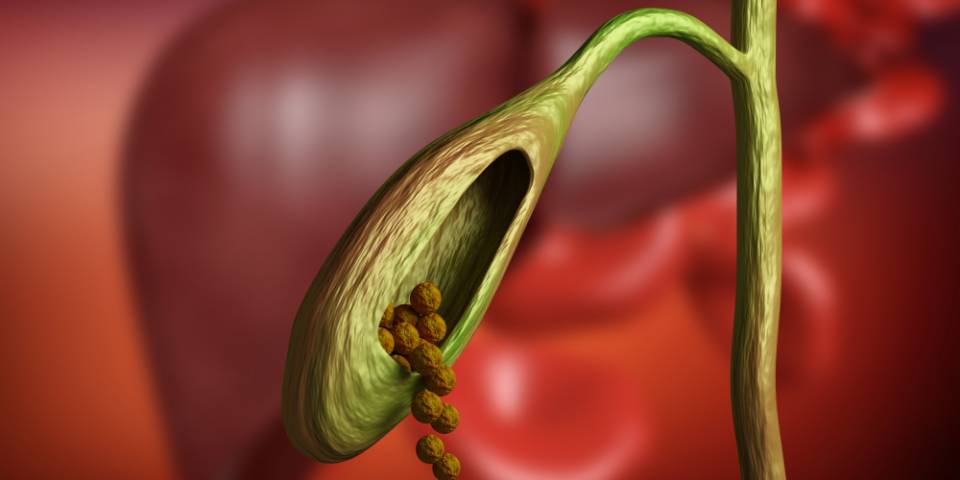Gallstones are a common and often painful condition that affects many people worldwide. In this blog, we will discuss when it is necessary to seek medical attention for gallstones. Dr. Bhushan Chittawadagi, an experienced laparoscopic surgeon in Bangalore, provides insights into the symptoms, risk factors, and treatment options for gallstones. Understanding when to seek medical help for gallstones is crucial for managing this condition effectively and avoiding potential complications.
Gallstones are solid particles that form in the gallbladder, a small organ located beneath the liver. They can range in size from tiny grains of sand to larger stones that can be as big as a golf ball. These stones can develop for various reasons, including an imbalance in the substances that make up bile, a digestive fluid produced by the liver and stored in the gallbladder.
The presence of gallstones may not always cause noticeable symptoms, but they can lead to a range of issues, including gallbladder inflammation (cholecystitis), bile duct blockage, and pancreatitis. When symptoms do occur, they can be very uncomfortable and may include:
- Pain: The most common symptom of gallstones is abdominal pain, often in the upper right or center of the abdomen. The pain can be severe and may radiate to the back or right shoulder blade.
- Nausea and Vomiting: Some individuals with gallstones experience nausea and vomiting.
- Indigestion: Gallstones can cause indigestion, with symptoms such as bloating, gas, and burping.
- Fever and Jaundice: In more severe cases, gallstones can lead to fever and jaundice, a yellowing of the skin and eyes.
- Clay-Colored Stools: Bile duct blockage from gallstones can result in pale or clay-colored stools.
It’s important to recognize the symptoms of gallstones and know when to seek medical attention. If you experience severe or persistent abdominal pain, especially in the upper right side, it’s a clear indication that you should consult a healthcare professional. Gallstone pain can be so intense that it may require immediate medical attention.
Additionally, if you experience any of the following symptoms, it’s important to seek medical help promptly:
- Jaundice: Yellowing of the skin and eyes is a sign of a potentially serious issue, and it should not be ignored.
- Fever: A fever can be a sign of infection or inflammation related to gallstones.
- Vomiting: If you are unable to keep food or fluids down due to gallstone-related symptoms, you should seek medical attention.
- Prolonged or Recurrent Symptoms: If you experience recurring episodes of gallstone-related pain or if the symptoms persist for an extended period, it’s essential to consult a healthcare provider.
Gallstones are diagnosed through various methods, including ultrasound, CT scans, and blood tests to check for signs of infection or jaundice. Once diagnosed, treatment options may be considered, depending on the severity of the symptoms and the individual’s overall health.
Dr. Bhushan Chittawadagi, a specialist in laparoscopic gallbladder surgery, can provide guidance and treatment options for individuals with gallstones. In many cases, surgical removal of the gallbladder (cholecystectomy) may be recommended. This procedure is often performed laparoscopically, resulting in smaller incisions, less postoperative pain, and faster recovery times compared to open surgery.
If you or a loved one is experiencing gallstone-related symptoms, don’t hesitate to seek medical attention. Early diagnosis and appropriate treatment can help manage this condition effectively and prevent potential complications. Dr. Bhushan Chittawadagi and his team can offer expert guidance and care throughout the process, ensuring the best possible outcome for patients with gallstones.

